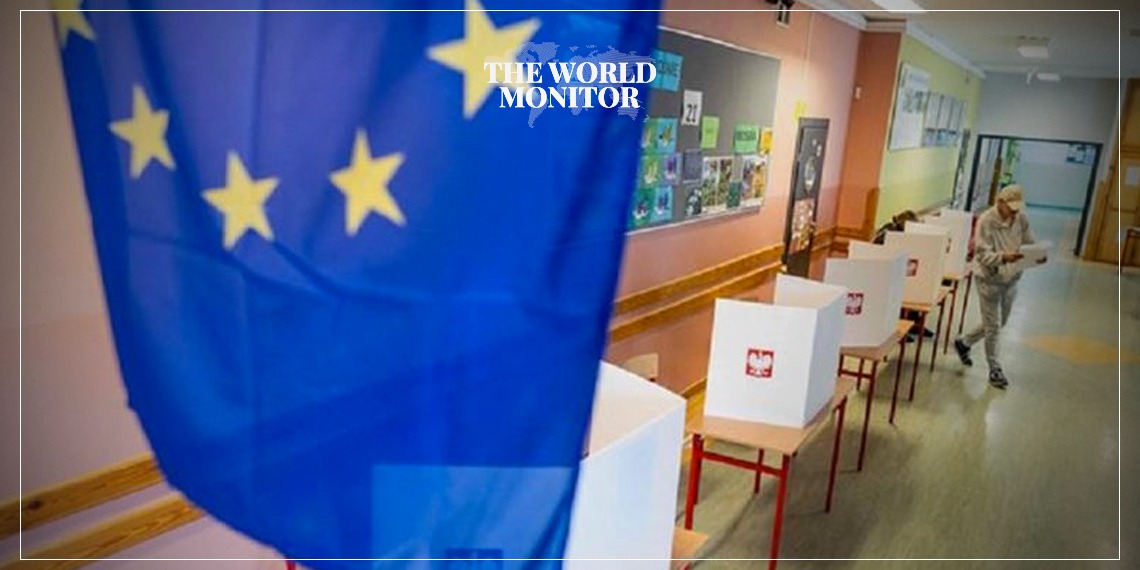Europeans in 20 countries are going to the polls on the biggest and final day of voting for the European Parliament. This year’s EU vote is especially significant amid a backdrop of polarized politics and rising nationalism across the continent.
The run-up to the vote has been marked by violent incidents, including an attack that left Danish Prime Minister Mette Frederiksen with minor whiplash, forcing her to halt her campaign. However, the incident is not being seen as politically motivated.
Europe’s main center-right grouping is expected to come out on top across the EU when first projections emerge later on Sunday. Meanwhile, three far-right parties are also eyeing significant wins in their respective countries. France’s National Rally, Italy’s Brothers of Italy, and Austria’s Freedom Party are leading in the polls, along with Belgium’s separatist and anti-immigration party, Vlaams Belang.
Voting began on Thursday, Friday, and Saturday for some EU countries, but the majority of EU member states are voting on Sunday. The European Parliament serves as a direct link between Europeans and the EU’s institutions.
For the first time, 16- and 17-year-olds are eligible to vote in Germany and Belgium, increasing the size of Europe’s youth vote. Young Austrians and Maltese have been able to vote from 16 for some time, and Greeks can vote from 17.
In Germany alone, an estimated 1.4 million eligible 16- and 17-year-olds are among about five million first-time voters, potentially influencing the outcome. The far-right Alternative for Germany (AfD) has claimed success in attracting young men, particularly through campaigns on social media platforms such as TikTok.


